Knowledge of sustainability, environmental ethics - RKWFK1EBNF
Academic year/semester: 2024/25/2
ECTS Credits: 4
Available for: All OU students
Lecture hours: 2
Seminarium:-
Practice: 0
Laboratory: 0
Consultation: -
Prerequisites: None
Course Leader: Rita Kendrovics-Boda, Ph.D.
Faculty: Rejtő Sándor Faculty of Light Industry and Environmental Engineering, 1034 Budapest, Doberdó utca 6.
Course Description:
The educational aim of the subject is to integrate environmental awareness into everyday activities
and to show opportunities and methods for sustainability. To identify opportunities to consciously
shape needs according to environmental expectations. Optimal use of available resources.
Developing individual and community environmental awareness and orienting others towards
environmental awareness. Students will learn about the principles of sustainability, and the semester
assignments will help them to acquire the key competences of sustainability education. An important
part of the course is to familiarise students with the environmental dependency of humans and human
societies, the environmental, economic, and social problems that result from our environmental
dependency and the ways to address them. The course addresses the moral problems of right human
action towards living beings/nature within the disciplinary boundaries of bioethics. It introduces the
economic, social, ethical, and ecological problems of globalisation; it describes the different
theoretical orientations of ecophilosophy and eco-ethics (anthropocentric, pathocentric, biocentric
and ecocentric ethics). It describes the basic principles of environmental ethics.
Competences:
− Knowledge of learning, knowledge acquisition and data collection methods, their ethical limitations and problem-solving techniques in the environmental field. − Comprehensive knowledge of the basic characteristics and interrelationships of environmental elements and systems and the pollutants that affect them. − Knowledge of the properties of environmental elements and their interactions. − Ability to apply a holistic approach to environmental tasks environmental issues. − Demonstrates responsible behaviour towards the environment. − Multidisciplinary knowledge enables them to participate creatively in engineering work and to adapt to constantly changing requirements.
Topics:
Week 1:
Lecture: The concept and main principles of sustainable development. UN Sustainable Development Goals (SDGs).
Week 2:
Lecture: Environmental indicators for sustainable development.
Week 3:
Lecture: Indicators of \"well-being\" - indicators of environmental quality.
Week 4:
Lecture: Energy consumption. Energy sources and their finiteness.
Week 5:
Lecture: Dilemmas of economic growth. The impact of innovation on our environment.
Week 6:
Lecture: Basics of circular economy.
Week 7:
Lecture: Domestic examples of circular economy. Case study.
Week 8:
Lecture: Engineering for sustainable development. - Eco-design.
Week 9:
Lecture: ESG as the sustainable business indicator. Case study.
Week 10:
Lecture: Smart cities. Case studies.
Week 11:
Lecture: Concept and trends in environmental ethics.
Week 12:
Lecture: Science and technology as an ethical problem.
Week 13:
Lecture: Ecopsychology - the links between environmental awareness, well-being, and the natural environment.
Week 14:
Lecture: Summary, final test, end of semester.
Assessment: Attendence: Attendance at the lectures is compulsory. Project work must be prepared in groups, submitted in writing and presented orally. Test papers, measurement records, reports, etc. (number, date): 1. Project work 1: Putting sustainable development into practice. Case study 15 points 2. Project work 2: Applying sustainable development in engineering practice. Case study 15 points 3. Project work 3: Science and technology as an ethical problem (essay max. 5 pages) 15 points 4. Final test 55 points Methods of qualification: Attendance at lectures (according to the Education and Examination Regulations - TVSZ) and written and oral completion of case studies and essay group work are required for signature. Examination: written exam maximum of 55 points, plus a maximum of 45 points for case studies completed during the semester. Total points achievable 100 points. Examination grading: 0-40 fail; 41-55 pass; 56-70 satisfactory; 71-85 good; 86-100 excellent. If total points of the final test at the end of the semester plus the marks obtained in the case studies are min. 71, a proposed mark of examination may be obtained (good and excellent).
Exam Types:
Written Exam
Compulsory bibliography: 1. Thompson Allen: The Oxford Handbook of Environmental Ethics, Oxford University Press Inc, 2019, ISBN: 9780190933388 2. Mackenzie Davis: Principles of Environmental Engineering & Science, McGraw-Hill Education, 2019, ISBN: 9781260548020 3. Emma Hutchinson - Sari Kovats: Environment, Health and Sustainable Development, Open University Press, 2017, ISBN:9780335245376 4. M.H. Fulekar - Bhawana Pathak - R K Kale: Environment and Sustainable Development, Springer Nature, 2014, ISBN: 978-8132211655
Recommended bibliography: -
Additional bibliography: -
Additional Information: -



